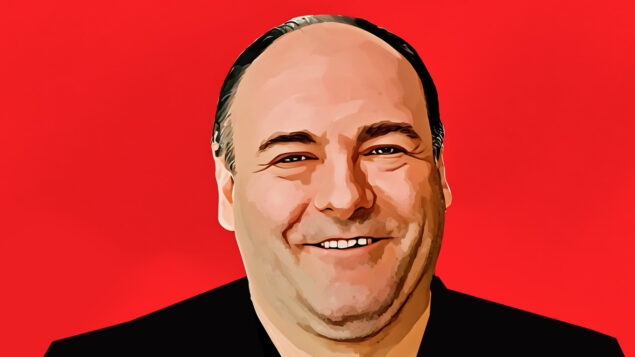The Untold Story Behind "The Sopranos": A Journey into David Chase’s Creative Mind
For years, those close to David Chase encouraged him to write a screenplay about his mother—a controlling and volatile figure who cast a long shadow over his family. Instead of crafting a conventional family drama, Chase envisioned a gangster film. In his imagination, it starred Robert De Niro and Anne Bancroft. However, the intricate tale of a Mafia boss struggling with depression, coupled with the shocking revelation that his mother plotted his murder, demanded more than a feature film could accommodate. Thus, Chase transformed his screenplay into the pilot episode of a groundbreaking television series.
This decision birthed "The Sopranos," a show that reigned over six seasons from 1999 to 2007, setting unprecedented standards in television storytelling. The new documentary "Um dos nossos: David Chase e a Família Soprano," available on Max, delves into the creative odyssey behind this cultural phenomenon that propelled HBO into the forefront of television production.
The documentary, directed by Alex Gibney, centers on two pivotal figures: Chase himself, now 79, and Tony Soprano, the anti-hero brought to life by the late James Gandolfini. Through interviews featuring Chase and an exceptional interplay of family photos, home films, and scenes from "The Sopranos," Gibney illustrates how personally intertwined Chase’s life is with the series. Though Chase initially protested the intimate focus, fearing it was too centered on his life, this approach unveils the series’ deeply personal elements.
Both Chase and his fictional creation, Tony, hail from New Jersey’s Italian-American neighborhoods and shared the experience of navigating the complexities of emotionally manipulative mothers. As each reaches middle age—Chase as a television producer and Tony as a crime boss—they face critical career crises.
Chase’s journey began with a film degree from Stanford, where he dabbled in emulating Jean-Luc Godard’s style before embarking on a career starting in B-movie production and transitioning to television. By 1997, when Chase pitched "The Sopranos" to HBO, his career was marked by respected yet understated achievements. HBO, then seeking innovative content to solidify its foothold in original programming, took a chance on a series rejected by traditional networks. The gamble paid off as "The Sopranos" revolutionized television.
Its unique blend of family drama and crime story subverted traditional TV conventions, with Tony Soprano emerging as a multifaceted character—a devoted family man and ruthless criminal—unlike anything viewers had seen before. Lauded by critics from its debut, "The Sopranos" quickly became a cultural icon, sparking conversations in workplaces and homes across the nation.
David Chase’s creation is rightly celebrated as one of television’s greatest series, paving the way for other complex narratives featuring morally ambiguous protagonists, such as "The Wire" and "Breaking Bad." The show’s influence is so enduring that HBO’s latest hit, "The Penguin," is being likened to a fusion of Batman’s universe with Tony Soprano’s world.
"Um dos nossos" offers a treasure trove of behind-the-scenes footage and insightful testimonials from writers and actors, making it a must-watch for fans. The first episode chronicles the show’s inception through the end of its debut season, showcasing Chase’s keen eye for casting, as each actor seamlessly embodies their character. The second episode tracks the series’ remaining seasons, highlighting the intense scrutiny and pressure accompanying its success.
Yet, with acclaim came challenges. The writers’ room buckled under high expectations, and the actors faced constant anxiety over their characters’ fates. As a mob-centric drama, the threat of being "whacked" loomed large—except for Gandolfini, whose portrayal of Tony exacted its toll. The complexity and darkness of the character wore on him, leading to frequent absences, and struggles with alcohol and substance abuse.
Tragically, Gandolfini passed away in 2013 at age 51 from heart-related issues. At his funeral, Chase delivered a heartfelt tribute, portions of which are featured in the documentary. He recalls a series scene depicting Tony Soprano relaxing in his backyard with a wet towel on his head—an homage to a family habit that resonated deeply with Chase, drawing poignant tears and a sense of connection between real life and fiction.
For more information on HBO, visit HBO’s official website.
